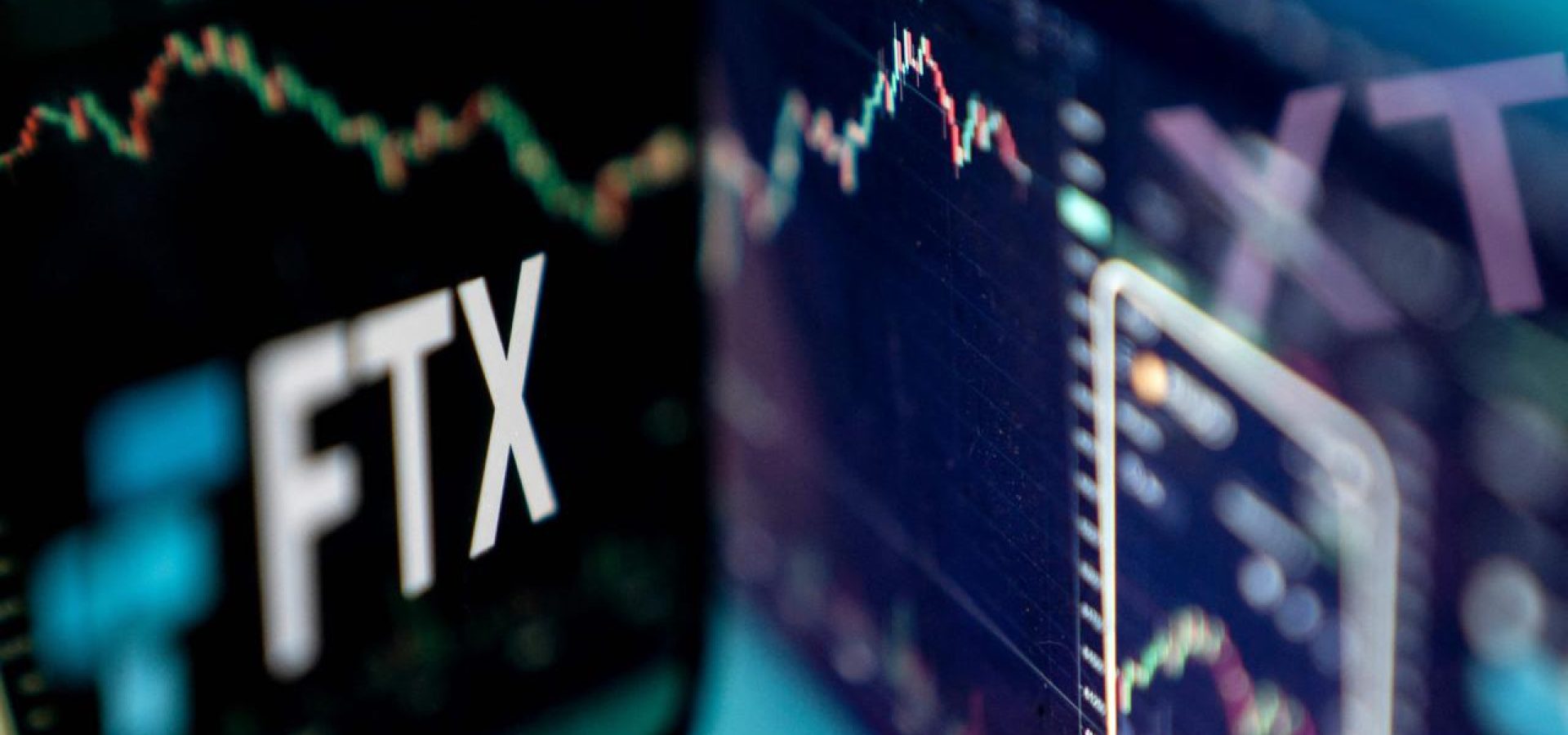Quick Look:
- Sam Bankman-Fried was sentenced to 25 years for fraud, revealing cryptocurrency sector vulnerabilities.
- Prosecutors sought 50 years, defense argued for 6½; Judge Kaplan’s sentencing underscores severity.
- Bankman-Fried’s saga is a cautionary tale with broader implications for accountability and fraud consequences in the crypto industry.
The financial world witnessed a landmark sentencing on November 2. Sam Bankman-Fried, the once-celebrated founder of the FTX cryptocurrency exchange, received a 25-year sentence. This outcome follows a tumultuous series of events beginning in 2022. Bankman-Fried is convicted on seven counts of fraud and conspiracy. This case has riveted observers worldwide, shedding light on the vulnerabilities and ethical quandaries within the cryptocurrency sector.
The defence and prosecution presented starkly contrasting views on the appropriate penalty leading up to the sentencing. Prosecutors argued for a sentence reflecting the gravity of Bankman-Fried’s actions, suggesting up to 50 years based on statutory guidelines. Moreover, the defence pointed to his mental health and potential prison safety risks, recommending no more than 6½ years.
The sentencing, delivered by U.S. District Judge Lewis Kaplan in a Manhattan court, marks a pivotal moment in the saga of the FTX collapse. Bankman-Fried, aged 32 at the time of sentencing, faces a sentence that underscores the severity of his actions, which led to billions in losses for customers, investors, and lenders. Judge Kaplan’s remarks during the sentencing highlighted the deliberate misinformation and misuse of funds as central to the case’s gravity.
Bankman-Fried’s Path from FTX to 25-Year Sentence
The story of Sam Bankman-Fried’s rise and fall is a cautionary tale that began with high aspirations. However, the story ended in a high-profile legal battle. Bankman-Fried’s detention at the Metropolitan Detention Center in Brooklyn marked his post-conviction period after he was found guilty on November 2. He awaited his sentencing amidst witness-tampering allegations, leading to the revocation of his bail.
Moreover, the defence’s plea for leniency, citing Bankman-Fried’s mental health struggles and the potential risks he would face in prison, contrasted sharply with the prosecution’s call for a substantial sentence. The prosecutors aimed to reflect the magnitude of Bankman-Fried’s criminality, which spanned across his business operations, affecting countless individuals and entities financially.
25-Year Sentence: Impact on Bankman-Fried & Crypto
The sentencing of Sam Bankman-Fried to 25 years in prison by Judge Kaplan is significant. First, it will have an immediate impact on Bankman-Fried. Besides, it is important for its broader implications for the cryptocurrency industry and regulatory oversight. The quantified losses — $8 billion by FTX customers, $1.7 billion by FTX’s equity investors, and $1.3 billion by lenders to the Alameda Research hedge fund — illustrate the extensive damage resulting from Bankman-Fried’s actions.
Judge Kaplan’s sentencing remarks were unequivocal, denouncing Bankman-Fried’s trial testimony as deceitful. The judge dismissed his claims of ignorance regarding the misuse of customer deposits as unfounded. Moreover, this sentencing reflects a broader caution to the financial sector, emphasizing accountability and the consequences of fraudulent activities.
In response to his sentencing, Bankman-Fried expressed remorse, apologizing to FTX customers and colleagues for their suffering. His defence team’s portrayal of him as an “awkward math nerd” who endeavoured to reimburse customers post-collapse did little to mitigate the severity of his sentence. Following the sentencing, Bankman-Fried vowed to appeal, prompting many within and outside the financial sector to watch the process closely.









COMMENTS